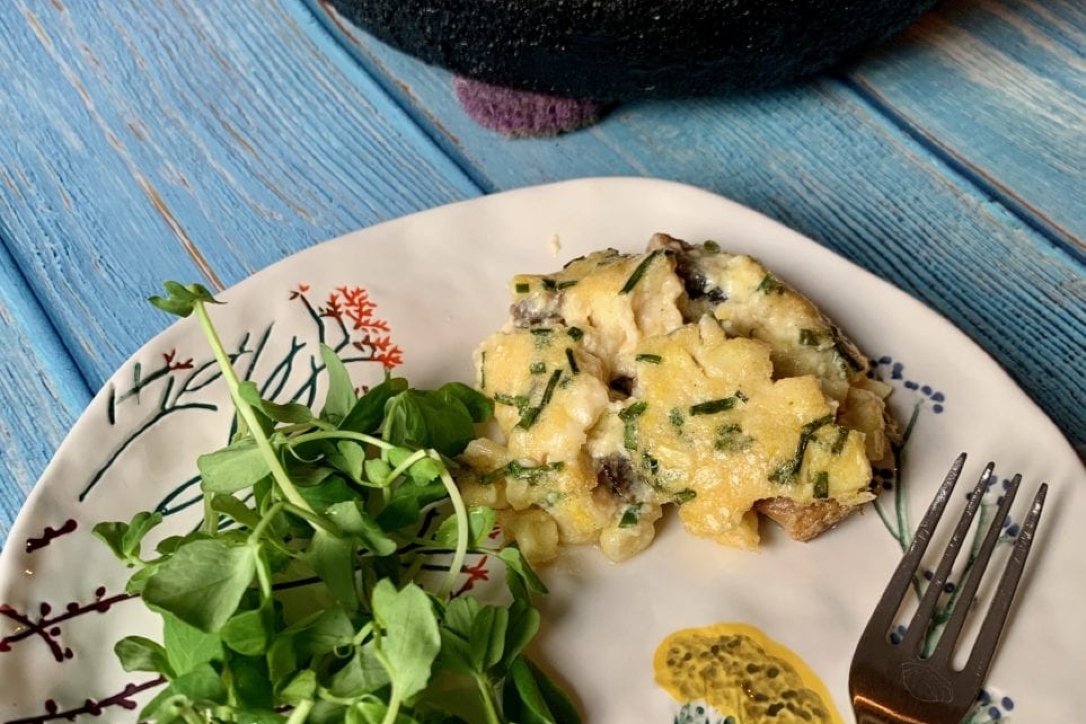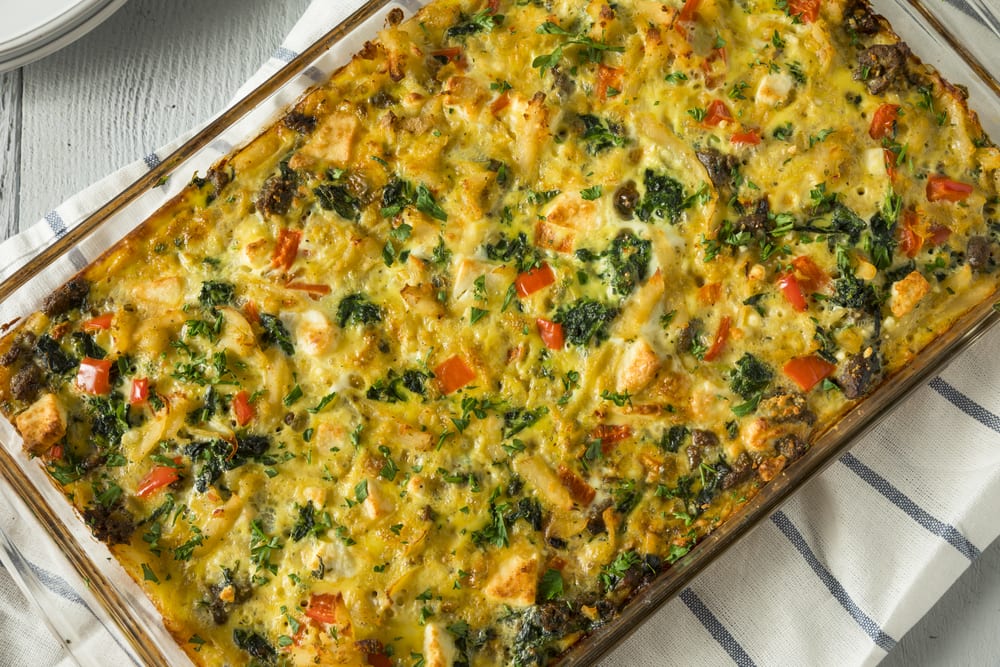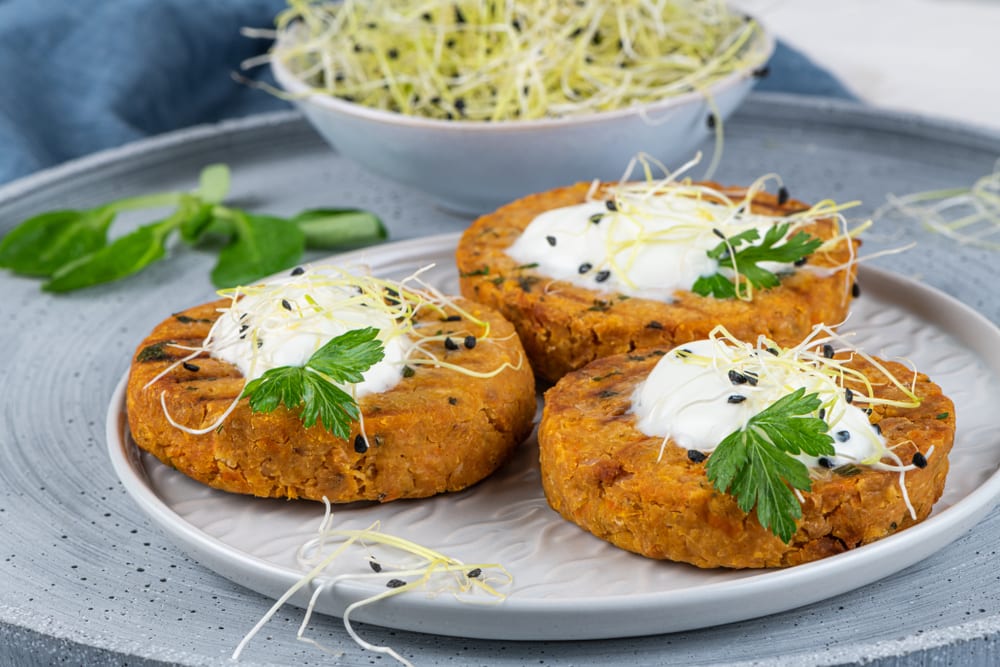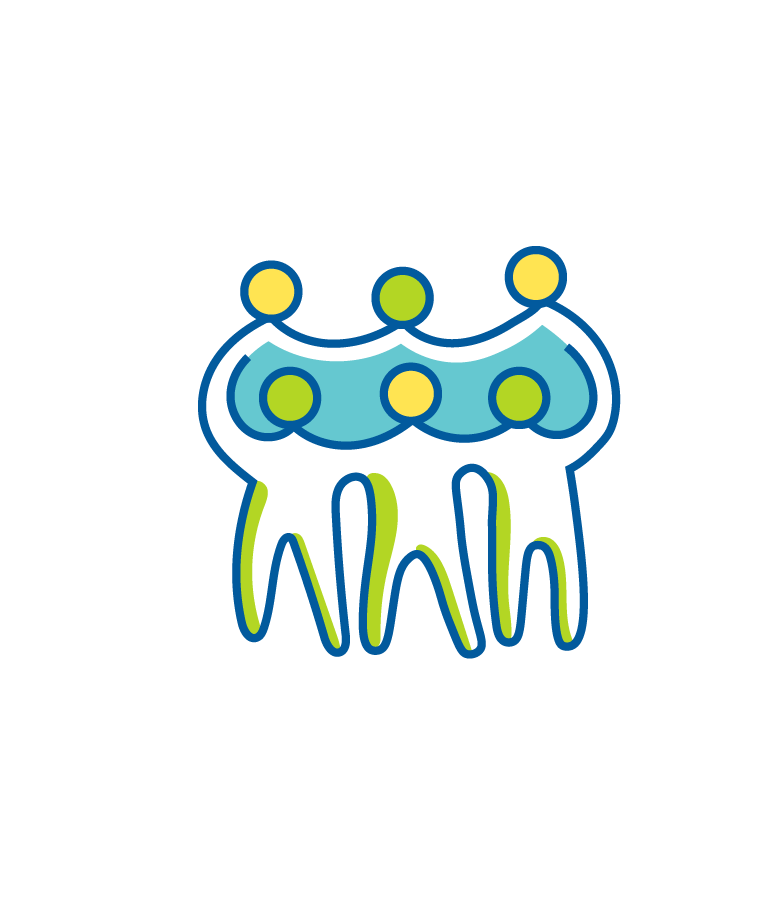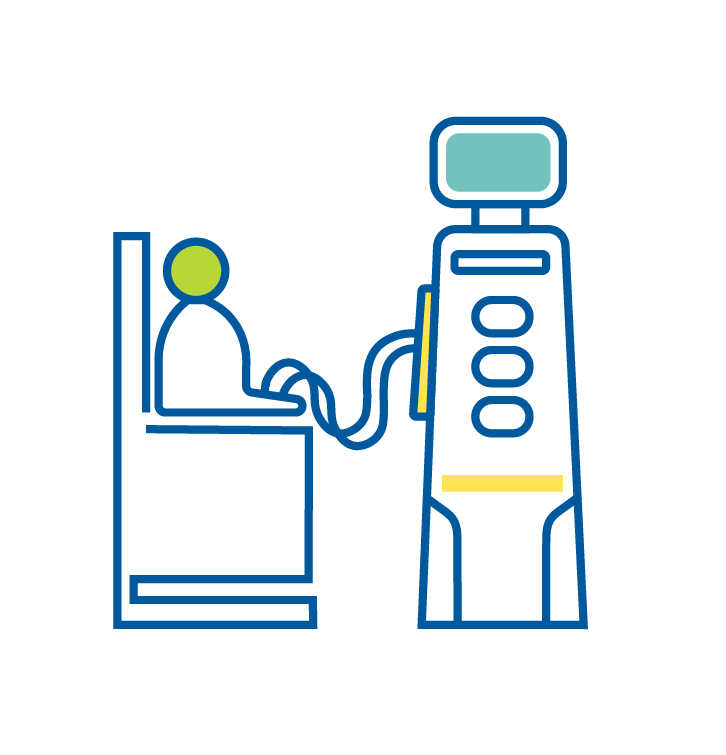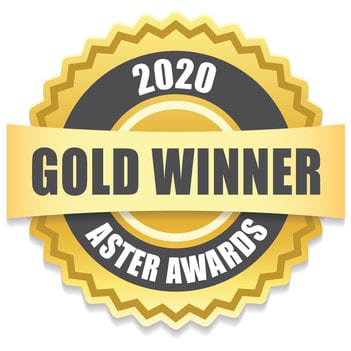Kidney disease stages 3, 4 and 5 (not on dialysis)
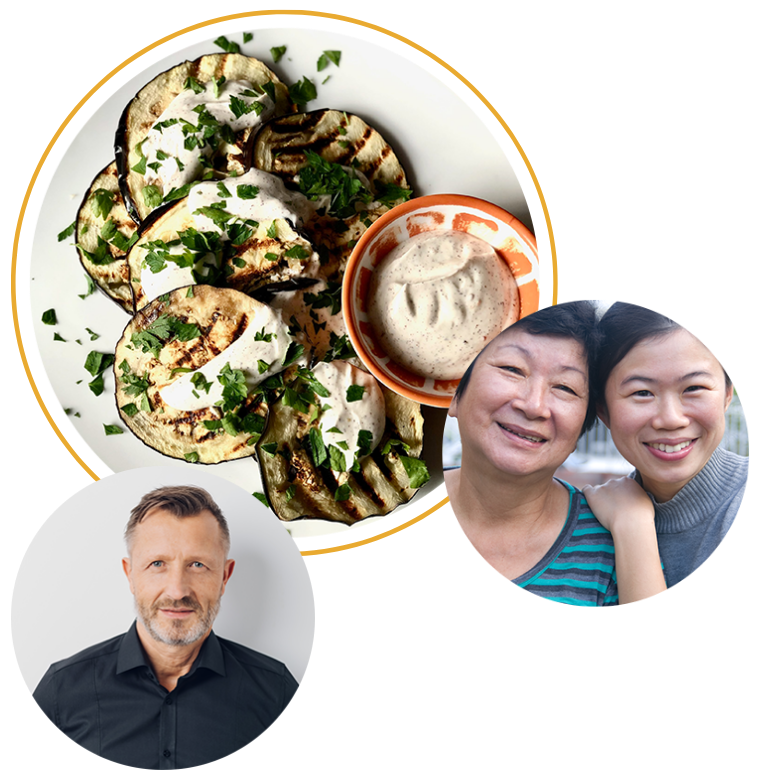
Why do I need to change how I eat in kidney disease stages 3, 4 and 5 (not on dialysis)?
How can I eat healthy in
kidney disease stages 3, 4 and 5 (not on dialysis)?

Protein
In these stages, you will need to limit the amount of protein you eat.

Sodium (salt)
Too much sodium can make your body retain fluid, which can raise your blood pressure. When you have high blood pressure, your kidneys must work harder to filter your blood.

Fluid
In these stages, you may need to limit your total fluid intake. Anything that is liquid at room temperature counts as fluid, not just water!

Protein
In these stages, you will need to limit the amount of protein you eat.

Sodium (salt)
Too much sodium can make your body retain fluid, which can raise your blood pressure. When you have high blood pressure, your kidneys must work harder to filter your blood.

Fluid
In these stages, you may need to limit your total fluid intake. Anything that is liquid at room temperature counts as fluid, not just water!
Protein
Get your protein from lean protein sources:

Eggs

Chicken

Fish

Turkey
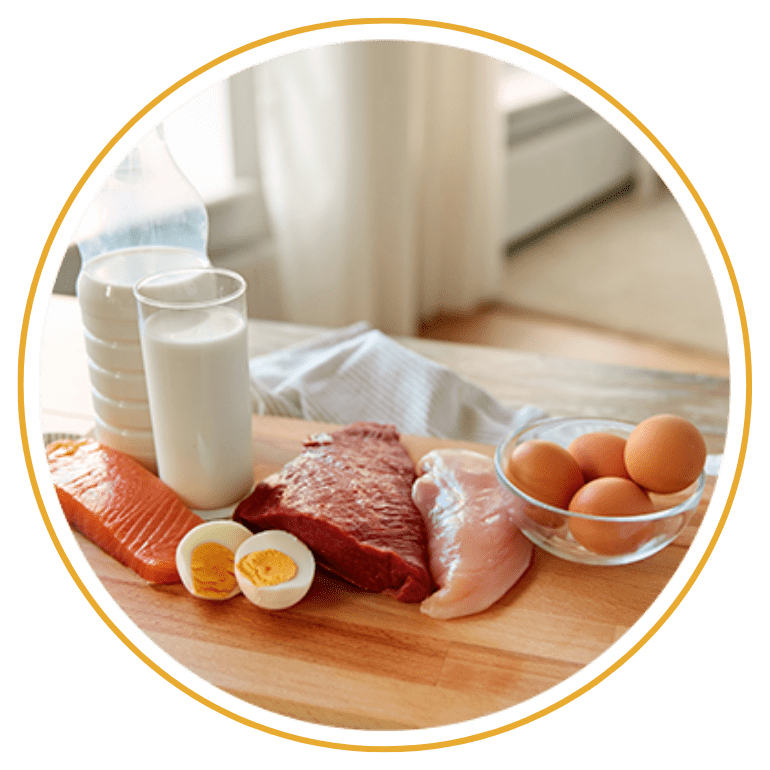

Quinoa

Beans

Soy products (tofu, edamame, tempeh, soy milk, etc.)
Limit or avoid protein from these sources:
Red meat (beef, bison, lamb, pork, venison, etc.) and organ meats (liver, etc.)
Lean protein serving size suggestions:
- ½ cup beans (7 grams of protein)
- 1 large egg (6 grams of protein)
- 3 ounces chicken, which is about the size of your palm (27 grams of protein)
- 3 ounces fish, which is about the size of your palm (20 grams of protein)
Ask your doctor and dietitian how much protein you should eat each day
Tips to limit protein:
- Eat a smaller serving of protein at meals
- Fill more of your plate with fresh or frozen non-starchy vegetables (you may need to start choosing low-potassium vegetables to prevent raising your potassium to dangerous levels – discuss with your doctor or dietitian)
- Use a small plate (9-10 inches in diameter) to make your portion size look larger
Sodium (salt)
You can find the amount of sodium—one of two electrolytes in salt—in foods by checking the nutrition label. Sodium plays many important roles in the way our bodies function, but too much sodium can be harmful for people with kidney disease. When your kidneys are not working as well as they should, they may not be able to remove extra sodium from your body.
Having too much sodium in your body can make your body retain (hold onto) fluid, which makes your heart and kidneys work harder. Over time, this can raise your blood pressure and cause your kidney disease to get worse.
The amount of sodium found naturally in foods is enough to keep a healthy level in your body, but sodium is often added to many processed foods, foods we eat in restaurants and even the food we cook ourselves. This can lead to eating too much salt and cause too much sodium to build up in your body.
The recommended amount of sodium to consume can depend on your stage of kidney disease and your kidney function. In general, a healthy amount of sodium is 2,300 mg or less of sodium per day. This is equal to about 1 teaspoon of salt a day. Ask your doctor and dietitian how much sodium you should consume each day in kidney disease stages 3, 4 and 5 (not on dialysis).
These foods and drinks usually have added sodium (unless marked as low-salt or low-sodium):

Soda and sports drinks

Ice Cream

Frozen dinners and snacks

Fast food and food from restaurants

Packaged snacks (chips, pretzels, nuts, etc.)

Bakery items (bread, bagels, pies, cakes, etc.)

Condiments (ketchup, salad dressings, hot sauce, soy sauce, etc.)

Canned and jarred foods (tomatoes, beans, corn, pickles, etc.)

Seasonings and spices with salt (garlic salt, celery salt, seasoned salt, taco seasoning, seafood seasoning, etc.)

Soda and sports drinks

Frozen dinners and snacks

Packaged snacks (chips, pretzels, nuts, etc.)

Condiments (ketchup, salad dressings, hot sauce, soy sauce, etc.)

Ice Cream

Fast food and food from restaurants

Canned and jarred foods (tomatoes, beans, corn, pickles, etc.)

Bakery items (bread, bagels, pies, cakes, etc.)

Seasonings and spices with salt (garlic salt, celery salt, seasoned salt, taco seasoning, seafood seasoning, etc.)
Tips to avoid added sodium
- Avoid salt substitutes that say “NuSalt” or “No-Salt” – these are made with potassium and could raise your potassium to a dangerous level
- Choose canned and jarred foods that say “no salt added” on the package
- Choose no salt added snacks (unsalted or no-salt pretzels, etc.) Prepare and cook your meals from scratch using one of our kidney-friendly recipes, so you can control the amount of salt in your food
- Use fresh or dried herbs and spices to add extra flavor to your dishes, instead of salt
- Drink water instead of sports drinks or soda
- When eating out, ask your server for your food to be prepared without any added salt
Fluid
Controlling the balance of fluid in your body is one of your kidney’s main jobs. In kidney disease stages 3, 4 and 5 (not on dialysis), your kidneys are not working well, which means they cannot filter extra fluid out of your body. You will likely need to limit the amount of fluid you consume, so your kidneys do not have to work as hard.
It is important to limit fluids to prevent fluid retention, which is when too much fluid builds up in your body. Fluid retention can make you feel bloated and uncomfortable, and make your blood pressure go up, which can weaken your heart and make your kidney disease worse.
Ask your doctor and dietitian how much fluid you should have each day.
Remember, fluid is more than just the water you drink! Everything that turns to liquid at room temperature counts toward your daily fluid intake.

Ice

Soups and stews

Pudding

Ice cream, sherbet, sorbet, popsicles, etc.

Protein drinks (Nepro, Novasource, Ensure, etc.)

All beverages (water, soda, tea, coffee, milk, nondairy milk, etc.)

Jell-O® other gelatin products and gelatin substitutes (pectin, arrowroot powder, etc.)

Ice

Soups and stews

Protein drinks (Nepro, Novasource, Ensure, etc.)

Pudding

Ice cream, sherbet, sorbet, popsicles, etc.

All beverages (water, soda, tea, coffee, milk, nondairy milk, etc.)

Jell-O® other gelatin products and gelatin substitutes (pectin, arrowroot powder, etc.)
Tell your doctor right away if you have any of these signs of possible fluid retention:
- Swelling in your feet or ankles
- Trouble breathing or shortness of breath when:
- Walking a short distance (1-3 blocks)
- Lying flat on your back
More tips to stay healthy in stages 3, 4 and 5 (not on dialysis)

Choose whole grains
Like brown rice, over refined grains, like white rice

Add an extra daily activity into your schedule
Go for a brisk walk after dinner or take the stairs instead of the elevator.

Go to all your regular checkups
Your doctor will monitor your kidney function and other conditions.

If you have diabetes or high blood pressure, take your medicines as your doctor instructed.
One of the best ways to keep your kidney disease from getting worse is to keep your diabetes or high blood pressure under control.

Keep a healthy weight
Talk to your doctor about a healthy weight for you and ways to manage your weight.

Choose whole grains
Like brown rice, over refined grains, like white rice.

Add an extra daily activity into your schedule
Go for a brisk walk after dinner or take the stairs instead of the elevator.

Go to all your regular checkups
Our doctor will monitor your kidney function and other conditions.

If you have diabetes or high blood pressure, take your medicines as your doctor instructed.
One of the best ways to keep your kidney disease from getting worse is to keep your diabetes or high blood pressure under control.

Keep a healthy weight
Talk to your doctor about a healthy weight for you and ways to manage your weight.
Tips, webinars and videos
Salt and your kidneys
Fluid management & control
Ask a nephrologist
Your support goes further with AKF
Your donation allows AKF to support people wherever they are in their fight against kidney disease – from prevention through transplant. For more than 50 years, we have fought on all fronts for millions of people impacted by kidney disease.
Donate today to support our work


